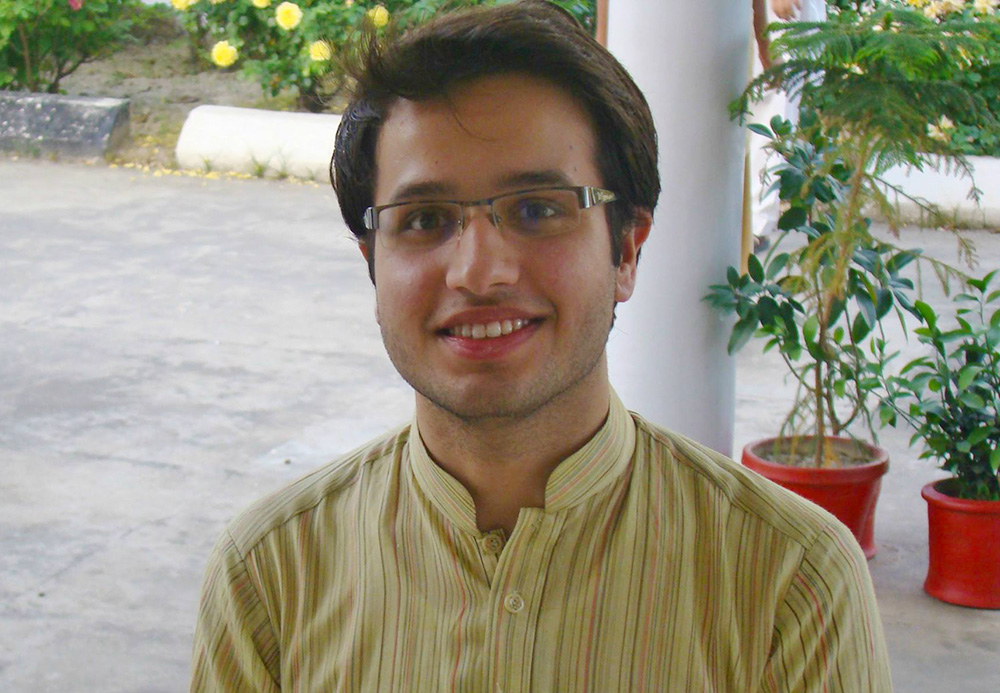Nouman Khan awarded the Richard and Eleanor Towner Prize for Distinguished Academic Achievement

PhD student Nouman Khan has been awarded the Richard and Eleanor Towner Prize for Distinguished Academic Achievement from the College of Engineering, which recognizes outstanding graduate students who excel in research, leadership, and academic performance. Khan’s research is in the areas of multi-agent systems and networks.
Multi-agent systems and networks refer to a group of agents which interact with each other on top of a possibly ever-changing environment. The agents may partake in such interactions to achieve individual goals, or collective goals, or simply as part of the environment itself. Typical examples include smart energy grids, smart transport, smart inventory, e-commerce recommendation systems, and online social networks. In the study of multi-agent systems, Khan’s work focuses on sequential decision-making. His work investigates the special situation when all the agents have a common long-term objective, which they aim to optimize collectively as a team, while ensuring that certain other long-term objectives are within acceptable guardrails.
In addition to his work in multi-agent systems, Khan is also involved in research on inference and control in networks and networked systems. Recently, he proposed the “Rarest-First with Probabilistic Mode-Suppression” protocol for decentralized file-sharing networks, demonstrating its stability and scalability through Lyapunov-drift analysis. In another work, Khan has studied the spread of information and misinformation in online social networks.
“Much like physical engineering systems, AI has disrupted how digital networks operate and how we use them,” Khan said. “While most of this disruption has been beneficial, there are also detrimental effects, such as the rise of deep fakes and social memes, making the risks of misinformation imminent and alarming. By modeling and investigating the interplay of information and misinformation, we can better understand their individual dynamics.”
To date, Khan has four publications related to his research. “I am impressed with Khan’s ability to cover topics from stochastic analysis, applied probability, and communication networks to optimization, controls, reinforcement learning, and machine learning,” said Prof. Vijay Subramanian, who is Khan’s doctoral advisor.
Combined with his passion for research, Khan is an experienced educator who is working on a Graduate Teacher Certificate from Michigan (exp. 2024). He has served as a Graduate Student Instructor for four different courses at Michigan, both graduate and undergraduate. He has also continued to mentor students at Michigan both informally and as part of the ECE BuddEE’s program.
“My interactions with students continue to help me learn the various ways in which a welcoming and inclusive environment fosters academic and personal growth. I continue to learn the positive effects of valuing contributions and ideas of all students, encouraging polite conversations, and considering individual learning needs,” stated Khan.
Khan received his BS in Electronic Engineering from the Ghulam Ishaq Khan Institute of Engineering Sciences and Technology in Pakistan, and his MS in Electrical and Computer Engineering from the University of Michigan.
 MENU
MENU 
